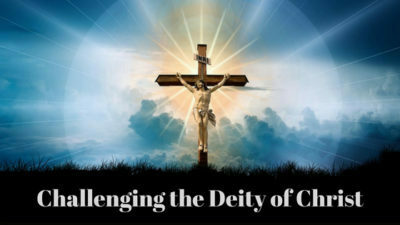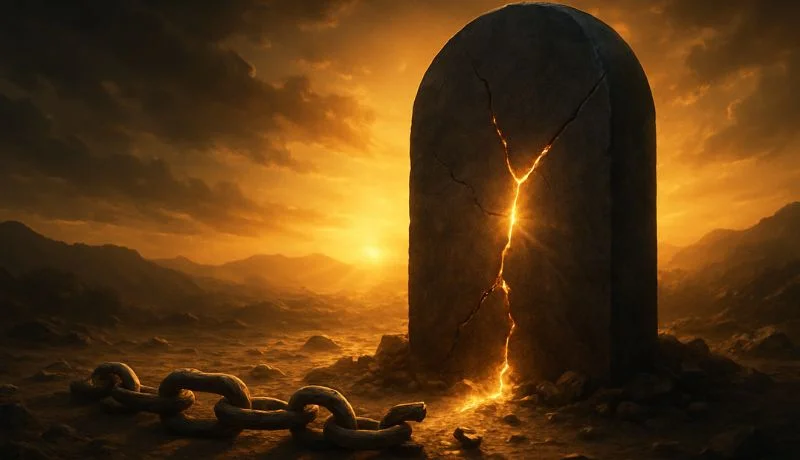Jesus Washes His Disciples’ Feet: An Act of Love and Humility
We live in a society where it is the “norm” for the rich and powerful to be ordering people around, while the poor and the lowly people are the ones serving. In this article, we will delve into a passage where our Lord Jesus changed this standard through His example. You must be familiar with … Read more










